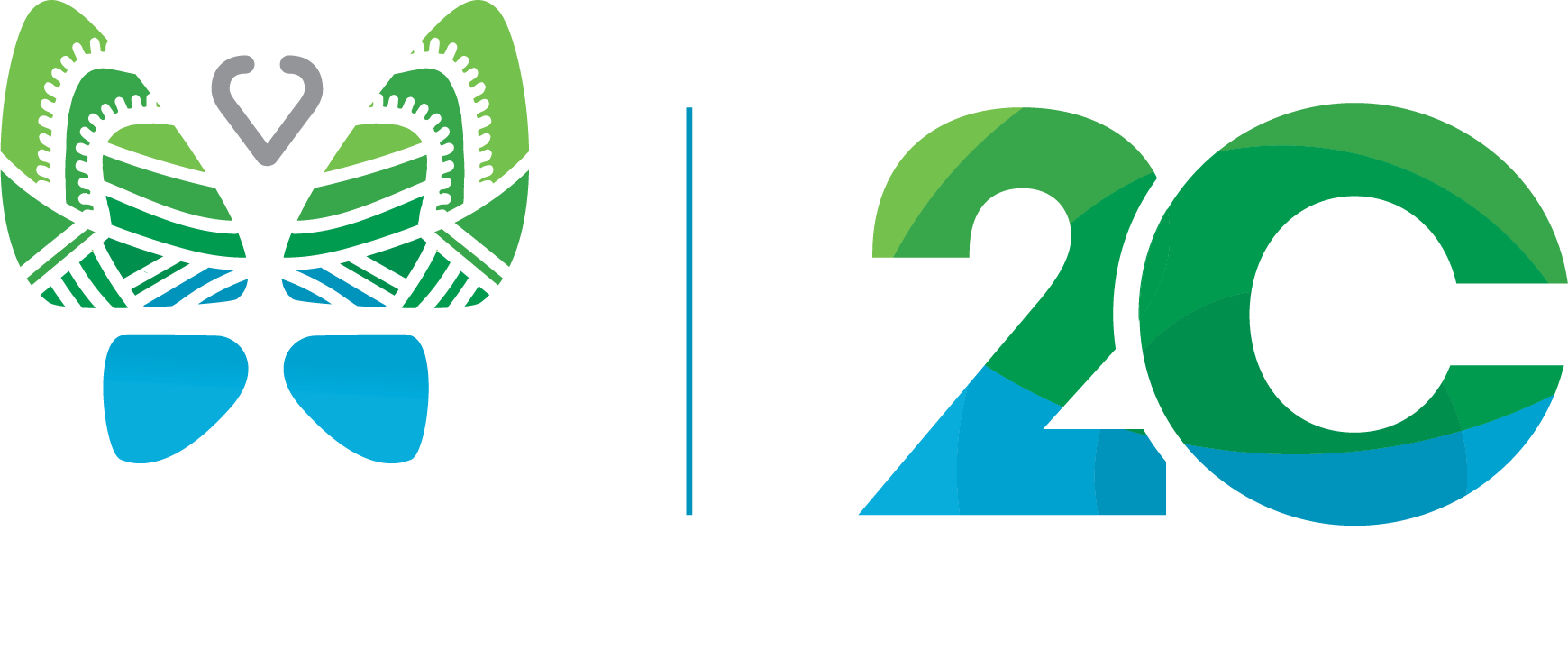Canada supports KTF’s rural COVID-19 efforts
Canada has provided a welcome boost to support a range of COVID-19 prevention activities delivered by the Kokoda Track Foundation (KTF) across rural Oro (Northern) Province.
The Canada Fund for Local Initiatives has committed to KTF’s COVID-19 response, Project Airborne, with funds supporting the most recent delivery of hygiene supplies to Oro Province, as well as KTF’s first round of vaccination patrols across the region.
With the Delta variant present across the country and the looming risk of Omicron, maintaining supply of sanitation, hygiene and personal protective equipment to remote regions is more critical than ever to keep communities safe by implementing Niupela Pasin measures; regular hand washing, mask wearing, distancing, and the final line of defence against the virus, vaccination.
High Commissioner-designate to Papua New Guinea, His Excellency Mr Mark Glauser, says
“The COVID 19 pandemic is a global threat that does not recognise borders. It will only be overcome through coordinated global action. The Government of Canada is committed to supporting equitable access to sanitation supplies, vaccines and education, in order to prevent further devastating health, social, economic and security impacts on people around the world.
We’re proud to be supporting the great work of the Kokoda Track Foundation to keep the Oro Province in Papua New Guinea safe”.
Supplies and virus and vaccination awareness materials have been distributed across the province, delivered by any means possible; boat, helicopter and by foot to villages across the Kokoda Track. Working in conjunction with the Northern (Oro) Provincial Health Authority, KTF undertook their inaugural vaccination patrols in two locations – the Northern Beaches and the Kokoda Rural LLG.
Led by Florence Tumbari, Health Extension Officer at Kokoda Memorial Hospital, the team included suitably qualified KTF Archer Leaders Program alumni trained to administer vaccinations: Peter Mabin (Medicine) and Michelle Miana (Pharmacy).
Over a fortnight, the team moved from village to village across the Kokoda region, raising community awareness and addressing any concerns about the virus and vaccination. Communities were also offered the opportunity to have the one-dose Johnson & Johnson vaccine administered. The team noticed a slow but steady growth in the number of people choosing to protect themselves, their families and communities by getting vaccinated.
Michelle Miana noted that even in rural areas, the main source of vaccination information was via social media channels, particularly Facebook and WhatsApp; much of which is not accurate. The team rose to the challenge of correcting misinformation through the awareness activities, as Michelle observed,
“Many of the villagers showed interest to find out more on the COVID-19 vaccines. Frequently asked questions were based on the contents of the vaccine and the type of side effects/expected effects to be aware of. Generally, most people reacted positively by receiving credible information through the awareness programs.
“An example was a 65-year-old woman who was against vaccination earlier this year when health teams visited her village, finally made up her mind to get vaccinated after attending the awareness and asking questions concerning the vaccines.”
This combination of hygiene supplies, factual information about the virus and the vaccine, and the vaccine itself is the pathway to halting the spread of COVID-19 across PNG, one arm at a time.
With this support from Canada, alongside the PNG Australia Partnership and corporate donations, to date KTF’s Project Airborne has delivered over 135,000 water, sanitation and hygiene products, 212,000 items of personal protective equipment to aid posts, schools and colleges, and delivered awareness in excess of 336,000 people across Oro, Central, Western and New Ireland Provinces.
